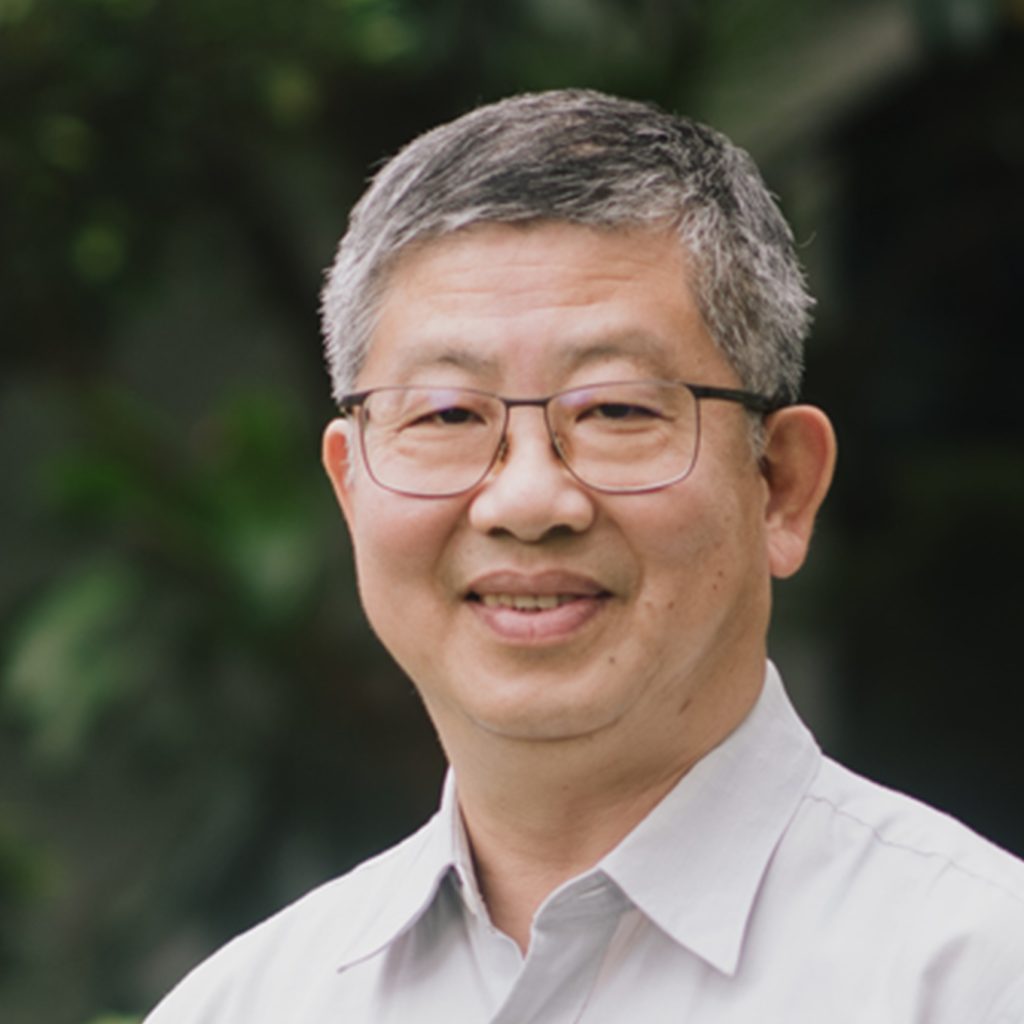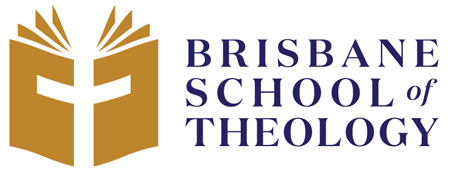 Pastor Grace Lung
Pastor Grace LungDirector of Centre for Asian Christianity
In this book, Rev. Dr. Michael Chu tackles the problem of 1st and 2nd generation relations in the Chinese churches of Sydney through the lens of cultural intelligence. Dr. Chu is a former senior pastor of a Chinese church in Sydney. He is now serving at the China Graduate School of Theology in Hong Kong as the Vice-president; the Josiah Mann Associate Professor (Practical Studies), and Chaplain.
Like many of us who are concerned with the relationship between the 1st and 2nd generation in our churches, you might share his observations:
“Pastors clearly know the biblical teaching on unity. They know that they need to work harmoniously with other leaders. However, in day-to-day ministry, they experience endless differences, disagreements and disputes.” p.273
“…older leaders and senior pastors at church expect younger church members to show respect and total submission to them, even if they are not their blood parents. The pastors fail to maintain ‘self-differentiation’ or draw boundaries in leadership.” p.6
To begin with, what is Cultural Intelligence (CQ)? It is made up of 4 components:
- CQ Strategy: refers to an individual’s capability for conscious intercultural awareness
- CQ Knowledge: refers to cultural knowledge of intercultural norms, practices and conventions. This includes speaking the language.
- CQ Drive: refers to the capability and capacity in learning and functioning in intercultural contexts
- CQ Action: refers to the displaying of approval in verbal and non-verbal action in intercultural interactions.
With the use of CQ, Dr. Chu’s hope is that “this initiative will reduce cross-cultural conflicts among pastors so that they can direct their energy and time towards the tasks of gospel proclamation, disciple-making and church development. This will allow pastoral ministry to become a joyful and pleasant vocation.” (p.19). The outcomes of the research aims to benefit (1) churches, (2) mission agencies (3) theological education.
He used a survey of 84 Sydney Chinese pastors, They were mostly aged 41 and above and pastors of Cantonese services. This was followed by interviews of a subset of 12. The three research questions are:
- What is the level of intercultural competence of the pastors of Chinese churches in Sydney?
- What are the root issues shaping the level of their intercultural competence?
- What resources and creative options are available to improve their intercultural competence?
In answer to the first question, he found that English acquisition is an important determinant of intercultural competence. He also found low motivation in intercultural and generational communication unless there are pragmatic reasons to do so. Lastly is a lack of critical reflection: “The underlying issue is that people in intercultural contexts are likely to perceive and interpret others’ outward behaviours through their own conventional cultural lens, without critical reflection.” p.226 “…they are working competently, but not necessarily reflectively and wisely.” p.228.
At the same time, “Respondents who spoke English at home scored the highest Cultural Intelligence…they scored high in CQ strategy and CQ motivation…although the pastors speaking English at home scored comparatively lower in CQ knowledge, their overall Cultural Intelligence score was still higher.” (p.171-2).
In answer to the second question, he found that “…cultural factors are more important than other factors (such as spiritual, organizational or personality clashes) in provoking intergenerational conflicts among Chinese pastors…My research identifies three highly significant contributors to the constant intergenerational conflicts among the Chinese pastors: 1) non-communication between migrant pastors and second generation pastors, 2) English language deficiencies and 3) insufficient intercultural reflection.” p.271-72
To address the third question, Dr. Chu recommends pastors complete an assessment of both their cultural dimensions (i.e. power distance, high/low context, collectivistic v individualistic) and CQ. He then recommends ways of improving CQ, especially with a focus on English acquisition and critical reflection. Behaviours and beliefs can change with the adoption of cultural reflection, but ultimately Chu calls for a much deeper shift – to understand the worldview of the other.
In anticipation of the shame associated with improvement in CQ, Chu encourages readers saying, “…considering the glory of Jesus is the only way of delivering Chinese pastors from the bottomless pit of shame culture. The process of learning may be humiliating and humbling, but the end result is an honour for Christ’s sake and an honor in advancing the gospel.” p.279
Grace’s Thoughts
It is incredibly rare to have someone who is 1st generation critically reflect and research this space, not in the least with Dr. Chu’s caliber and experience. Although this research was originally intended as a doctoral dissertation, this book has done a fairly decent job of putting the work in more readable and practical terms, couched in the contexts of both Chinese in Australia and Chinese from Hong Kong.
I was amazed at Dr. Chu’s tone of humble self critique, as an insider reporting on his fellow Chinese pastors. Second, his candid comments on the gender distribution and the potential impact on conflict in churches was a surprise. He notes, “It can be assumed that most Chinese men…are less expressive emotionally…Many of the men have not been trained in active listening and non-verbal communication.” (p. 160). Third, Dr. Chu’s section on the HIstory of Chinese churches in Sydney (p.101-121) is valuable, in and of itself, as our stories are not often documented. Lastly, I also took note of his call for research, development, and the translation of cross-cultural works into Chinese (p.269-70). It is a call that the CAC takes seriously.
To conclude, though cultural intelligence is only the first step towards healthy and godly intercultural relationships between the generations, it is a necessary and crucial step. My hope is that elders, deacons and lay leaders also read and heed the findings of his research. This is a book that will build bridges and alleviate the issues in intercultural contexts; “…inject a new element into the Chinese churches and advance the proclamation of the gospel.” p.9
In line with our mission to highlight and amplify research and scholarship, we are encouraging people to engage with scholars socially located in Asia and the Asian diaspora through this series. These are not reviews, but attempts at summaries with some brief reflections for the purpose of introducing resources we believe will bless your ministry.
Given Asian Christian writers are less likely to get published compared with Anglo writers, please support the Asian Christian voice by considering a purchase of their book. It will no doubt encourage publishers to invest into a plurality of voices within the global church.
Save the date!
In collaboration with the Melbourne School of Theology, we are so pleased to be welcoming Rev. Dr. Michael Chu who will be the speaker at our upcoming Autumn Online Lecture. Please do not miss the chance to engage with him live! Dr Chu will be discussing some of the principles in his book with a view on the Asian Australian migrant church followed by a Q&A session in which we will spend some time applying the principles to our specific contexts.
When: Thursday, 7th March 2024
Time: 18:30 – 20:00 (Brisbane)
Where: Online
Cost: Free!




